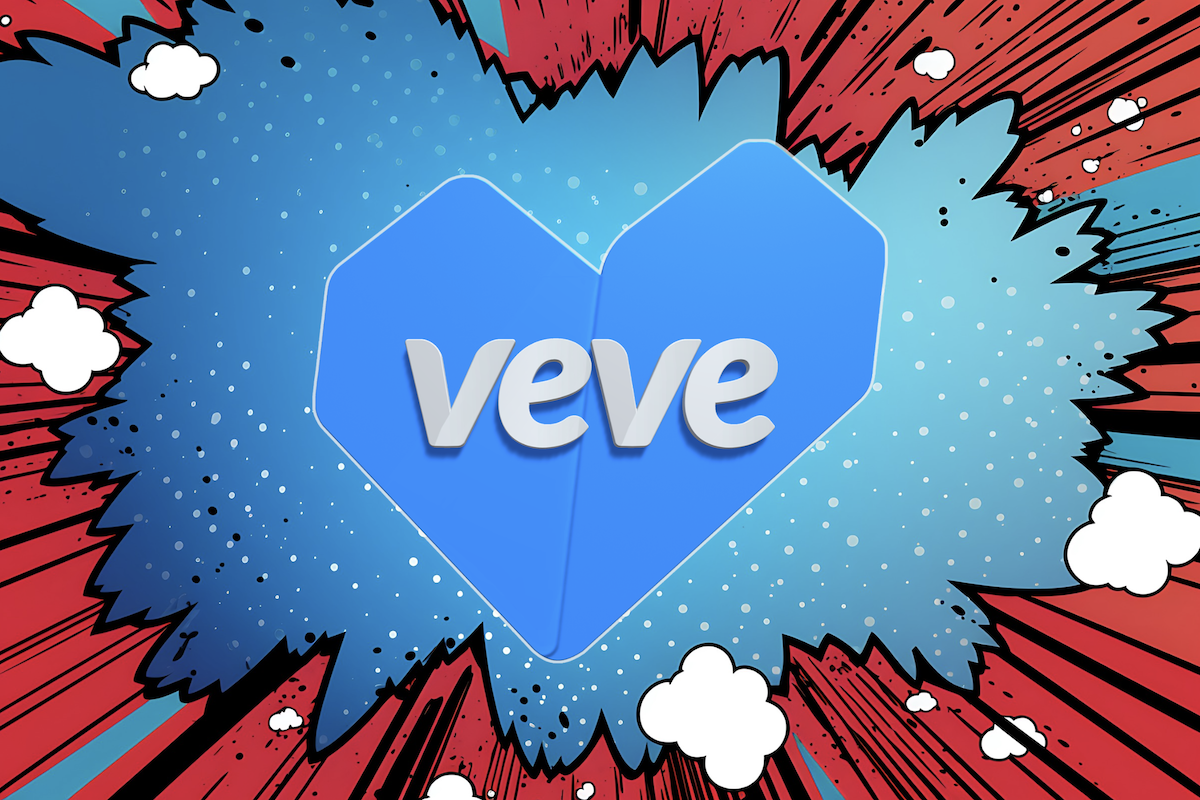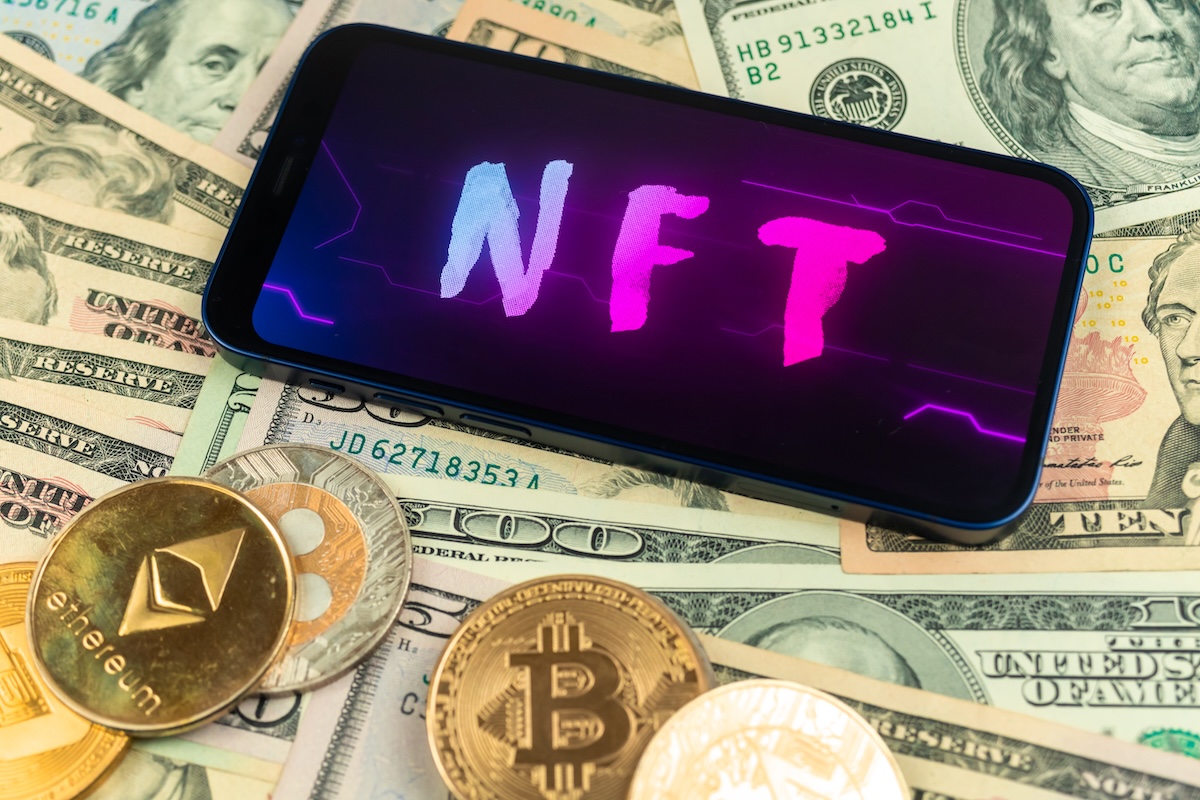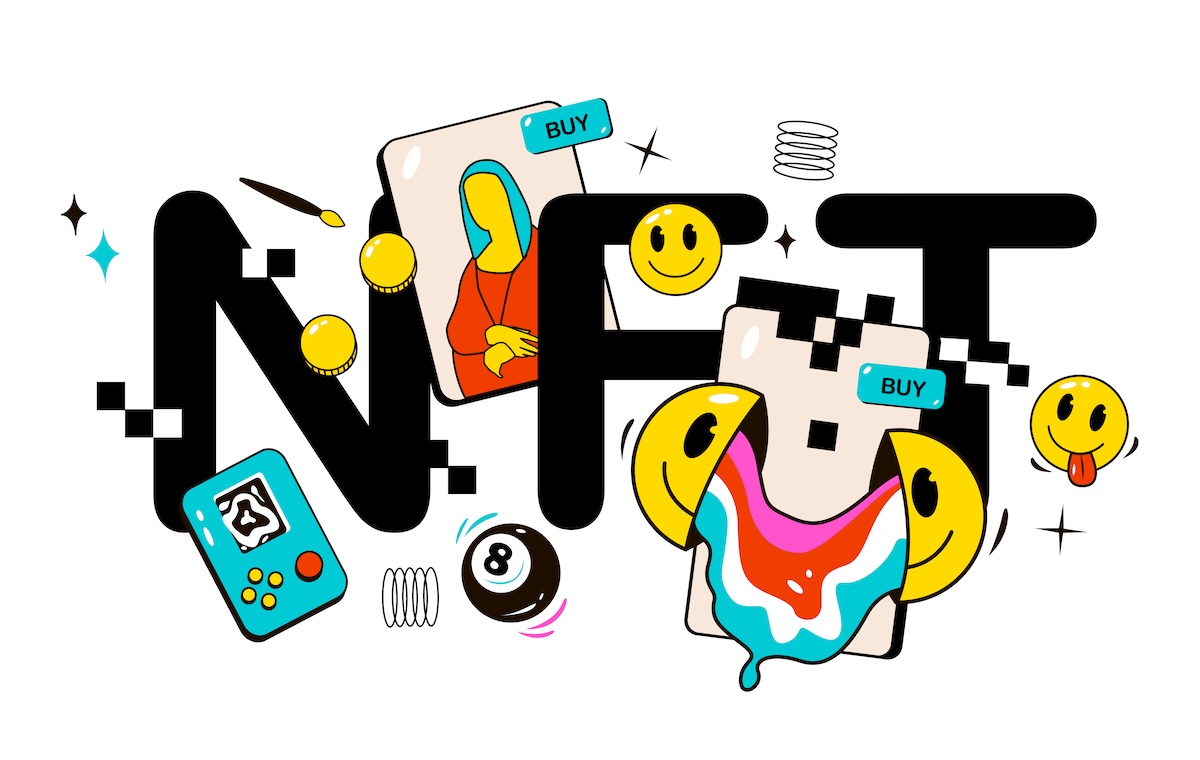VeVe to Migrate to Collect Blockchain with Planned Self-Custody for Digital Collectibles
VeVe is migrating to the Collect blockchain, which features built-in royalty support, Ethereum L2 compatibility, and upcoming self-custody for digital collectibles.

VeVe has announced one of the biggest upgrades in its history: the migration of all VeVe digital collectibles to Collect, a new blockchain purpose-built for fandom, provenance protection, and long-term ownership. While the VeVe app will continue to look and feel the same, the foundation underneath it is being fully rebuilt to support the future of digital collecting. A recent community AMA also provided additional clarity on how Collect is being designed and what collectors can expect once the migration begins.
Key Takeaways
VeVe is moving all collectibles to Collect, a blockchain designed specifically for digital fandom and licensed IP.
Metadata—including edition numbers, mint order, and ownership history—will be preserved during migration.
Self-custody arrives in Phase 2, allowing collectors to move VeVe NFTs into personal Web3 wallets.
Collect’s official site launches in December 2025, with full migration set for January 2026.
AMA updates indicate Collect will operate as an Ethereum-compatible Layer 2.
Why VeVe Is Moving to a Dedicated Blockchain
For years, VeVe has been at the forefront of the digital collectibles space with licensed drops from Marvel, Disney, DC, Star Wars, and more. But while mainstream blockchains were built for finance, gaming, or general NFTs, they weren’t designed around the things collectors value most: provenance, IP control, edition integrity, scarcity, and fandom culture.
General-purpose chains don’t give licensors the level of control they need to protect their assets. By contrast, Collect has been engineered specifically for:
digital collecting
licensed IP
royalties
authenticated metadata
long-term provenance
Rather than fitting VeVe into someone else’s infrastructure, Collect is being built around the actual needs of collectors and the entertainment brands they care about.

Source: Veve
What Collect Brings to the VeVe Ecosystem
VeVe emphasises that the user experience stays exactly the same. Showrooms, AR features, drops, the marketplace, and the app layout remain unchanged.
The big upgrade happens behind the scenes.
On-chain royalties and IP protection
Collect embeds creator rights and royalties directly into the protocol. Whenever a collectible is traded, artists and licensors are recognized and rewarded automatically.
A foundation built for provenance
According to VeVe, Collect ensures that key details like edition numbers, mint order, and historical metadata will remain intact—your collectible #1 will still be collectible #1.
Future-ready infrastructure
Collect gives VeVe:
stronger provenance guarantees
better metadata protection
more predictable licensing frameworks
future interoperability paths
a blockchain optimized for fandom rather than finance
The migration strengthens VeVe long-term while keeping the collector experience stable and seamless.
New Insights From the AMA
A recent community AMA offered a clearer picture of Collect’s technical direction. The team indicates that Collect will operate as an Ethereum-compatible Layer 2, giving VeVe access to the broader Ethereum ecosystem while still maintaining licensor-based restrictions on asset movement.
The AMA also revealed that Collect will introduce more durable metadata storage standards (including IPFS), improving transparency and long-term permanence for digital collectibles.
Full technical specifications, including wallet support and self-custody mechanics, will be detailed in the official Collect documentation when it launches later this year.
These insights were shared by Dr Collect (formerly Dr Profit), who hosted the community AMA exploring how the Collect blockchain is being designed.
Self-Custody Arrives After Migration
One of the most requested features since VeVe’s launch is finally coming: the ability to self-custody digital collectibles.
After the migration is complete and stable, collectors will be able to move VeVe NFTs into their own crypto wallets for true blockchain ownership. This is optional — casual fans can stay within the app, while advanced Web3 users can export assets off-platform.
This rollout is expected to support widely used Ethereum‑compatible wallets (for example, MetaMask), with exact wallet support to be confirmed in the official Collect documentation.
Why Self-Custody Matters to VeVe Collectors
Self-custody lets collectors hold their digital items in their own wallets rather than entirely inside the VeVe app. This gives people more confidence and control, knowing their collectibles stay securely in their possession and aren’t tied to a single platform.
It also opens the door to more flexibility. Once items can live outside VeVe, collectors can use them with different wallets, tools, and potentially external marketplaces as the ecosystem grows— subject to licensor approval.
Timeline
December 2025
Collect website launches with full technical details.
January 2026
Phase 1 completed: all VeVe collectibles migrate to Collect.
Post-migration
Phase 2 begins: self-custody and wallet support roll out.
The Road Ahead for Digital Fandom
VeVe’s move to Collect could mark the start of a new era for digital collecting, an era beyond hype. By adopting a platform purpose-built for fandom, collecting, and licensed IP, VeVe is aiming to offer collectors greater control and long-term ownership through features like self-custody and on-chain provenance.
Frequently Asked Questions
Here are some frequently asked questions about this topic:
Will my VeVe collectibles keep their original metadata after the migration?
Yes. The blog confirms all edition numbers, mint order, rarity, and metadata will carry over exactly as they are today.
Do I need to do anything during the migration to Collect?
No. VeVe states the transition will be seamless and requires no action from collectors.
When will self-custody be available?
Self-custody will roll out in Phase 2, after the NFT migration is stable.
Will I be able to use my VeVe collectibles outside the app?
Yes — self-custody will allow collectors to store VeVe NFTs in their own crypto wallets, according to the blog. External use cases will be clarified later.





